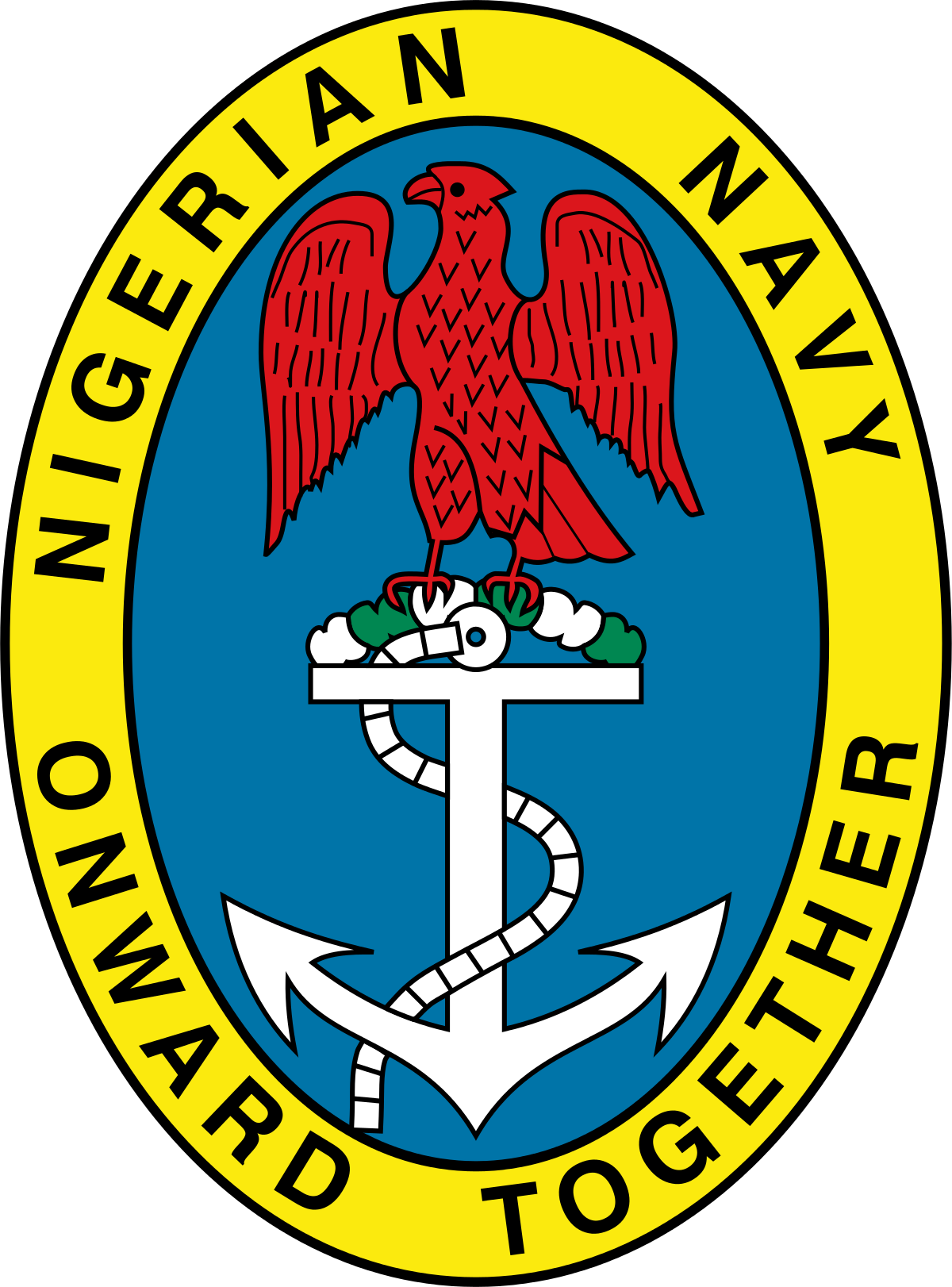Navy to deploy armed drones to fight oil bunkering in Niger Delta
The Chief of Naval Staff, Vice Admiral Emmanuel Ogalla, has said the Nigerian Navy will deploy armed drones to tackle illegal oil bunkering activities in the Niger Delta region. Vice Admiral Ogalla, who disclosed this in Port Harcourt at the inauguration of Operation Delta Sanity 2 on Monday, said the difficult terrain of the creeks […]

The Chief of Naval Staff, Vice Admiral Emmanuel Ogalla, has said the Nigerian Navy will deploy armed drones to tackle illegal oil bunkering activities in the Niger Delta region.
Vice Admiral Ogalla, who disclosed this in Port Harcourt at the inauguration of Operation Delta Sanity 2 on Monday, said the difficult terrain of the creeks and the desperation of those involved in illegal oil bunkering activities necessitated the need to use the technology to tackle the menace.
He said the difficult terrain made it very difficult for its small drones to penetrate the areas.
He recalled that the Nigerian Navy in January 2024 launched a special maritime security operation in the Niger Delta codenamed ‘Operation DELTA SANITY’ to curb oil theft, pipeline vandalism and other criminalities to ensure a secure maritime domain for increased economic activities.
- JUST IN: Warri refinery now working, says NNPCL
- Those asking Gov Yusuf to stand alone want to mislead him –Kwankwaso
He said, “Notwithstanding the successes recorded in Operations Delta Sanity within the past one year, there still exists numerous challenges. And for that reason, the Nigerian Navy now intends to rejig the Operation Delta Sanity towards achieving greater results. It is our resolve to even achieve greater result in 2025 than we achieve in 2024.
“‘Operation Delta Sanity 2’ will involve improved deployment of maritime domain awareness infrastructure, increase aerial surveillance using our newly acquired air assets and unmanned aerial vehicles including armed drones which are due to join the service very soon.
“We realized that some of these areas are so difficult to penetrate that even the smallest drones that we have cannot go to those places. Therefore we require these armed attacked drones so that when we are sure that this is where this thing is taking place we only guide the drones to go that place to deactivate them.”
Vice Admiral Ogalla said the operation is in line with the President Tinubu’s Agenda for national economic prosperity and poverty eradication in the country.
He said since the launch of ‘Operation DELTA SANITY’, the operation recorded several successes which led to the arrests of numerous vessels and suspects involved in oil theft.
He said operation also led to the identification and deactivation of several illegal refining sites.
He said the successes recorded led to significant improvements in legitimate activities in the maritime environment and increased Nigeria’s daily crude oil production.
He pointed out the the operation also strengthened partnership with law enforcement and oil regulating agencies as well as other relevant stakeholders operating under the framework of the Harmonized Standing Operating Procedure for Arrest, Detention and Prosecution of Vessels and Persons.
In his speech the Minister of State for Oil, Senator Henekin Lokpobiri, commended the Nigerian Navy for the success recorded so far in the fight against oil bunkering.
Senator Lokpobiri expressed concern over increasing activities of illegal oil bunkering at the Trans Niger Pipeline.
He said the major oil bunkering activities were carried out in Trans Niger Pipeline and called on the navy to bring the menace to an end.
Earlier in his welcome address, the Flag Officer Commamding Eastern Naval Command, Real Admiral S.A Akinwande, said since the Operation Delta Sanity started, 215 suspects had been arrested while about 468 illegal refinery sites were deactivated in accordance with extant regulations.
He said an estimated quantity of 6.5 million litres of stolen crude oil and 7 million litres of illegally refined AGO were seized and appropriately handled while a total of 361 wooden boats, 1,107 dugout pits and 279 storage tanks were deactivated.
